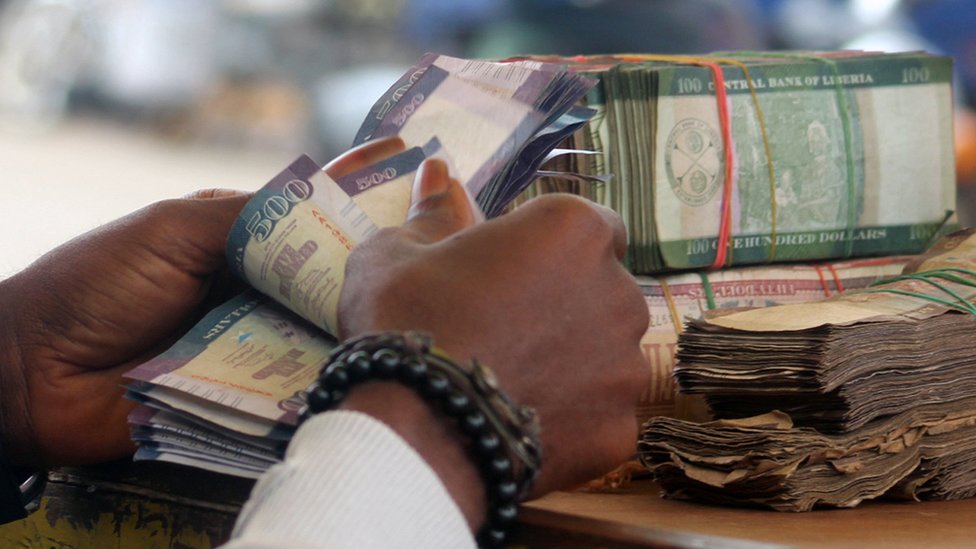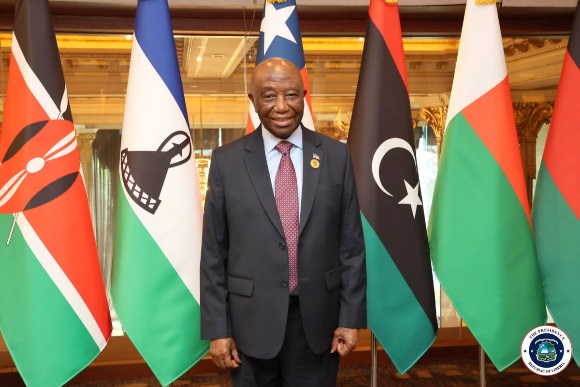A youth group under the banner, Youth Champions for Advocacy, has challenged the National Legislature, to include menstrual hygiene in the national budget for public and private schools in the country.
Speaking during the opening of a one-day SHE WASH regional youth workshop, held at Corina Hotel, Sinkor, on Thursday, September 22, 2022, the Water Aid Country Director, Chuchu Selma, who welcomed members of the National Legislature who are the champions of WASH, along with some international organizations and the government and other supporting partners, encouraged them to support adolescent girls in the country.
Reading the petition statement was Esther Thomas, a member of Youth Champions for Advocacy. She said one of the major challenges that young girls face at puberty is the menstrual period.
She said adolescent girls, who do not have access to the requisite information to understand menstruation and menstrual health management, face a lot of challenges during their menstrual period and matters related to their health and self-assurance.
Thomas added that, without needed resources and facilities to manage hygiene during their menstrual days, adolescent girls end up not being able to attend school, as a recent UNESCO study in the sub-Saharan Africa shows that “1 in 10 girls misses school during their menstrual cycle, and the missed days equals 20% of the school year”.
She noted further that a 2016 nationwide assessment of WASH facilities in schools showed that only 36.8% of all schools with functioning toilet facilities said their facilities incorporated menstrual hygiene components.
Also speaking was Motion Pusah, who told reporters that currently thousands of Liberian women and girls do not have access to sanitary products; they use old clothes, socks, rags and tissues that expose them to infections and other health complications.
He underscored that in some counties menstruation discussion is still treated as a taboo, and this is a barrier to menstrual hygiene education in the communities.
A delegate from Sierra Leone, Little Elizabeth Watt Borbor called on the international community to ensure that African countries have access to menstrual hygiene in both public and private schools.
She emphasized that once it is in Liberia and Sierra Leone, Ivory Coast and Guinea will follow.







